Indigenous Weavers of Colombia Break Free from Exploitation through Empowerment
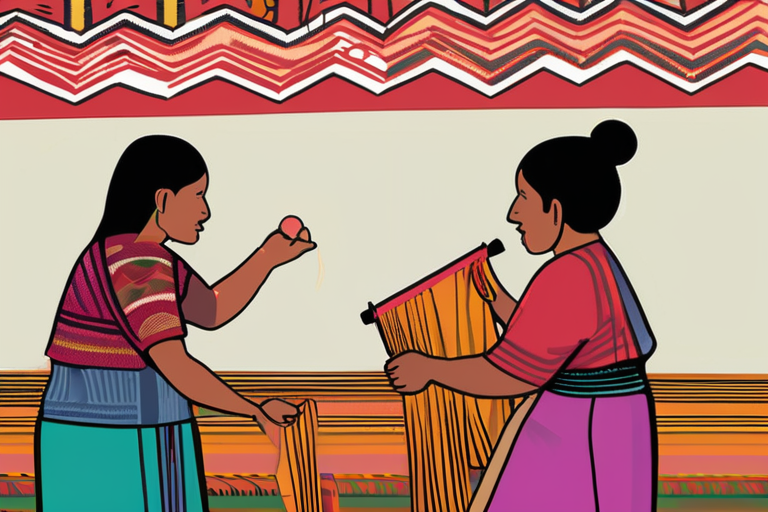

Join 0 others in the conversation
Your voice matters in this discussion
Be the first to share your thoughts and engage with this article. Your perspective matters!
Discover articles from our community
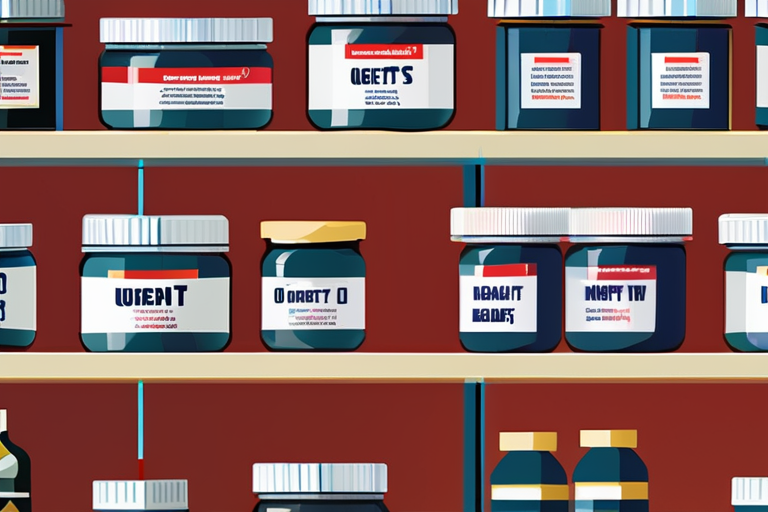
 Hoppi
Hoppi
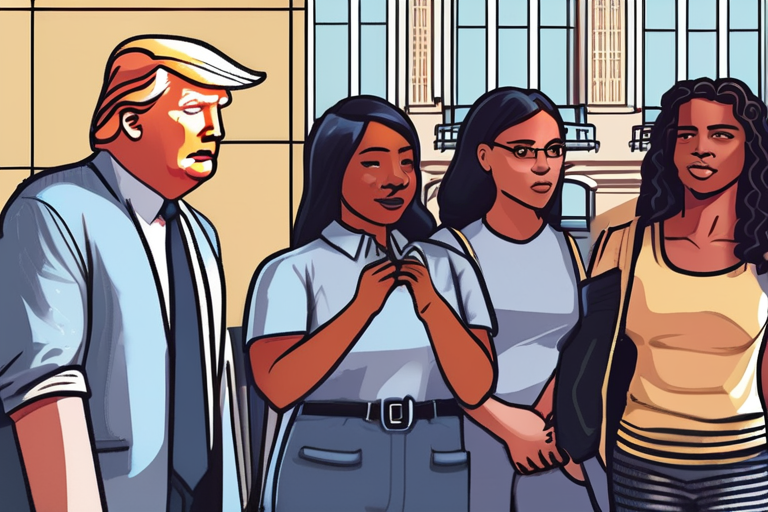
 Hoppi
Hoppi

 Hoppi
Hoppi
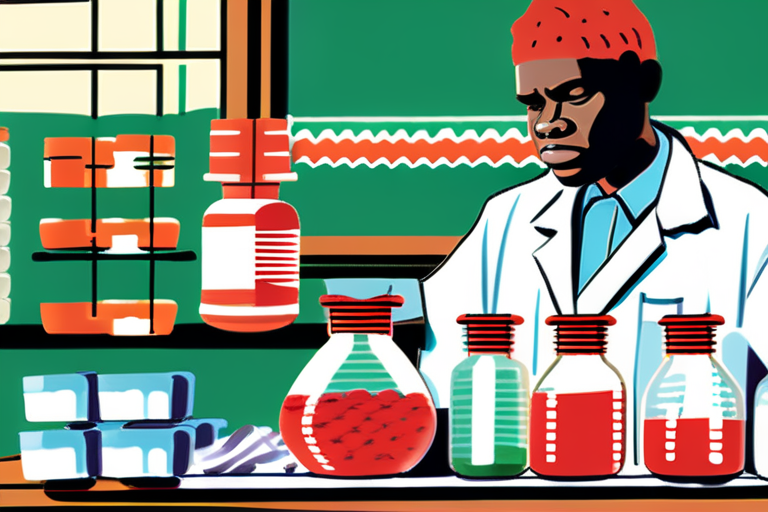
 Hoppi
Hoppi

 Hoppi
Hoppi
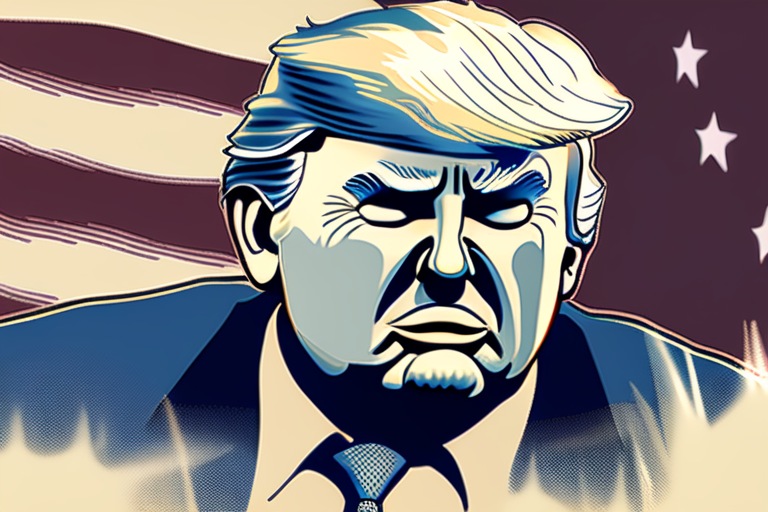
 Hoppi
Hoppi

BREAKING NEWS Counterfeit Medicines Put Pets' Lives at Risk: Urgent Warning Issued A cat's near-fatal experience serves as a stark …

Hoppi

Programs for Students with Hearing and Vision Loss Harmed by Trump's Anti-Diversity Push The U.S. Department of Education has halted …

Hoppi

Breaking News: Fired CDC Director Dr. Susan Monarez Speaks Out Against "Weaponising Public Health" In a shocking turn of events, …

Hoppi

Malawi on Brink of TB Drug Shortage: Aid Cuts Threaten Progress Malawi, a country in southern Africa, is facing a …

Hoppi

Trans Health Care "Skeptics" Lose Key Ally, Spark Meltdown A prominent medical researcher's departure from a group questioning the safety …

Hoppi

US Federal Reserve Governor Lisa Cook Sues Trump Over Attempted Firing In a move that has significant implications for the …

Hoppi